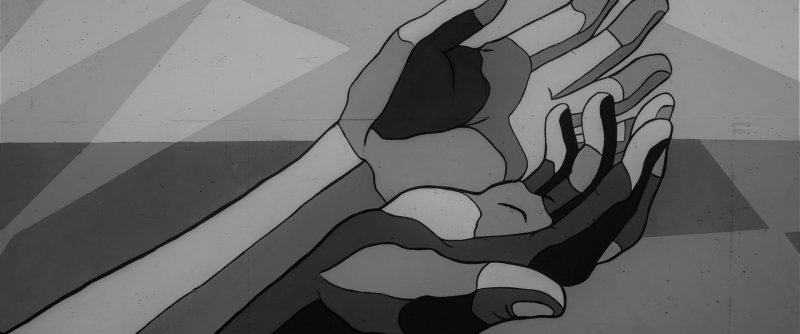Many people believe that they don’t have a justified reason to go to therapy. They may feel they haven’t had anything ‘bad enough’ happen to them, or feel it is too self-indulgent. They may not think they are worthy of the attention they will receive. The truth is everyone is worthy of therapy. Therapy can help us look at our painful experiences and use them to adopt a different approach to living and engaging with ourselves and others.
Mental Health Imposter Syndrome Is Real
We’ve heard time and time again how clients feel they aren’t suffering enough to deserve mental health support. Following the pandemic, it’s more important than ever before to ensure you’re taking care of yourself.
Melanie Klein, an Austrian-British psychoanalyst, theorised a key early and ongoing development task is the realisation that others and different from us with their own needs rather than as extensions of our own. This forces us to realise the loss of what we want other people to be. However, this loss enables us to move on to a more realistic life.
Many feel that they don’t feel ‘that bad’ right now, however, it’s a common misconception that you much be going through some sort of crisis to be a good candidate for therapy. It’s easy for people to compare themselves to others or brush off their pain because it’s ‘a stressful time of year’.
Why We Need Therapy
Everyone’s experiences are valid, and many of us will benefit from therapy. A lot is going on in the world, especially following the pandemic. So, we must take time out for ourselves and work on what makes us feel good to be able to function to the best of our abilities.
The French philosopher and writer, Voltaire, tells the story of travellers who have suffered various trials and tribulations. These travellers hear of a murder at the Ottoman court. They pass an old man calmly tending to his garden and ask him if he’s heard about the murder. The old man doesn’t know anything about it and explains how he doesn’t concern himself with the affairs there. Voltaire uses this example for the idea that to live a good life, we should put more effort into the tasks that make us feel good and less about other worldly affairs.
Many of our therapists relate to this in the sense that many clients like to express their feelings and opinions on politics or activism, which, don’t get us wrong, is very important. However, we find that hidden within these opinions are parts of the client’s self that they are unable to face such as feelings of hopelessness, insecurities, despair, rejection and more.
Therapy Is Not Self-Indulgent
Rather than being self-indulgent, therapy is one of the best things we can do for ourselves and the world. By trying to understand ourselves, we don’t project our own pain onto the world. Through therapy, we can explore what is happening inside ourselves and utilise this new self-awareness to accept and understand ourselves better.
Voltaire argues in his book that cannot escape suffering, since the world is a brutal place. But rather than getting lost in these feelings of despair, we can accept them as part of the human condition. We must do our best to be honest about our feelings and cultivate what we can. Like tending a garden, the work is never complete.
Brighton and Hove Psychotherapy is a collective of experienced psychotherapists, psychologists and counsellors working with a range of client groups, including fellow therapists and health professionals. If you would like more information, or an informal discussion please get in touch. Online therapy is available.


